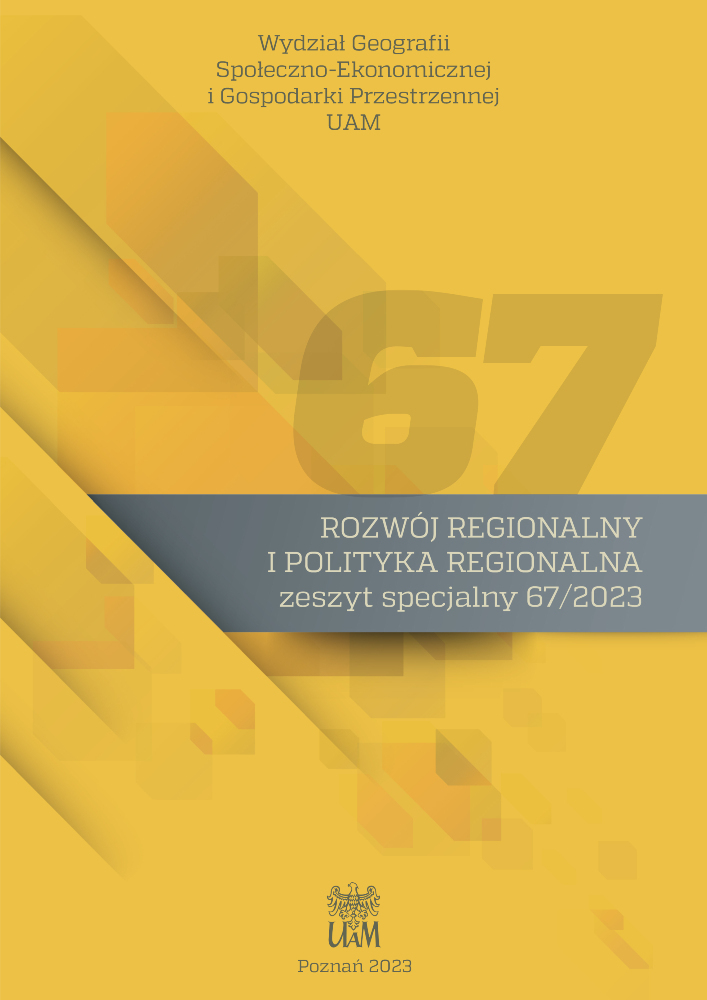Dziedzictwo kulturowe w programach edukacyjnych pomorskich gospodarstw agroturystycznych należących do Sieci Zagród Edukacyjnych
Cultural heritage in educational programs of Pomeranian agritourism farms associated in the Educational Farm Network
Author(s): Anna WiśniewskaSubject(s): Education, Regional Geography, School education, Rural and urban sociology, Tourism
Published by: Uniwersytet Adama Mickiewicza
Keywords: regional education; educational farm; cultural heritage of Pomerania;
Summary/Abstract: Due to its seaside location and unique natural and cultural qualities, the Pomeranian Voivodeship has excellent conditions for the development of agritourism – for many years it has been one of the top agricultural regions in Poland. In the face of stiff competition, Pomeranian farmers noticed the opportunity of developing their farms through educational activities. Some of them, 26 entities, joined the National Network of Educational Farms (operating since 2011) and offer, among others, 72 individualized educational programs related to cultural heritage. The research covered all farms offering the above-mentioned programs. The analysis was conducted in five categories, ie: customs and rituals, regional education, vanishing professions, traditional cuisine and handicrafts. For 31% of farms, cultural education was the basis of the educational offer and was treated as a pil-lar of building competitive advantage, for the remaining farms cultural heritage was just one of the elements of the offer. The material heritage of the Pomeranian countryside is present mainly in programs classified as regional education. During the classes, the participants were familiarized with local architecture, monuments, memorials, museum exhibits, but also with local natural heritage and cultural landscape. In the programs presenting customs, rituals and handicrafts, Kashubian, Kociewie and Żuławy patterns were the most popular and featured in offered schemes for learning Kashubian language, embroidery, weaving, pottery, wickerwork, folk art, dance, singing and regional cuisine. Folklore activity of folk bands and artists could be also noticed in the offer of the farms. Culinary education classes based on regional traditions have been run in some farms. Organizing Kashubian culinary feasts with local folklore has become a very popular element of the offer. In nine farms, pro-grams have been developed to familiarize people with traditional crafts and so-called professions that are disappearing, i.e. miller, fisherman, potter, milkmaid, wicker worker or beekeeper. A wide range of educational facilities of farms, i.e. stables, barns, cowsheds, granaries, sheds, cheese factories, back-yard bakeries, beekeeping and craft workshops has been useful in organizing these activities. Most of the farms offered several educational programs organized in the form of one-day workshops, shows, talks and open-air events addressed mainly to organized groups of children and school youth. Classes have been conducted not only by the farmers but also by folk artists and local animators of culture
Journal: Rozwój Regionalny i Polityka Regionalna
- Issue Year: 2023
- Issue No: 67
- Page Range: 43-68
- Page Count: 26
- Language: Polish

